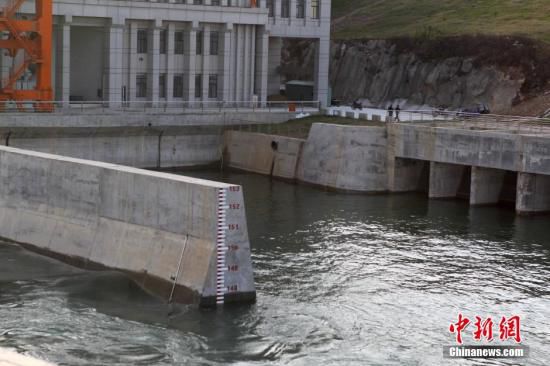

Billions of cubic meters of water are now travelling through the middle section of China's South-to-North Water Diversion Project and will soon arrive in China's capital on Saturday.
Billions of cubic meters of water are now travelling through the middle section of China's South-to-North Water Diversion Project and will soon arrive in China's capital on Saturday. The project is designed to provide water to the country's drought-hit areas in the north by connecting Beijing and Central China with more than 14-hundred kilometers of canals.
It has grown rapidly over the past years. The local authorities have been unable meet the growing water demands, or to solve the supply problems. Many residents have resorted to digging their own wells.
Fresh water supplies in the capital have been increasingly strained with a declining rainfall, exploding population growth, and industrial expansion. The government's solution is to buy water from the south.
That water will soon arrive in the capital, costing the government at least 60 billion US dollars. The diversion water will be expensive, but as Beijing becomes more desperate, the cost isn't the biggest problem.
This is Beijing's largest drinking water treatment facility. Its daily capacity is more than 1.7 million cubic meters. Staff say that demand has increased year by year, but the treatment capacity has reached its maximum.
"The diversion water will be mixed with Beijing's water. They will undergo the same treatment before being put into use. The final ratio will be decided by the actual amount flowing to the city," says Guo Qiang, senior engineer of Bejing No. 9 Water Treatment Company.
Many say the root of the problem is not simply insufficient water. Beijing needs to rethink its development speed and scale. And water in China is much cheaper than its real cost.
"Raising the price of water can not only reimburse some of the cost, but more importantly, it helps to encourage water conservation in society. But fresh water is a basic living commodity that cannot be too expensive for residents' daily use. The diversion water is to improve living standards rather than reduce them," says professor Shen Dajun, from Renmin University of China.
Copyright ©1999-2018
Chinanews.com. All rights reserved.
Reproduction in whole or in part without permission is prohibited.